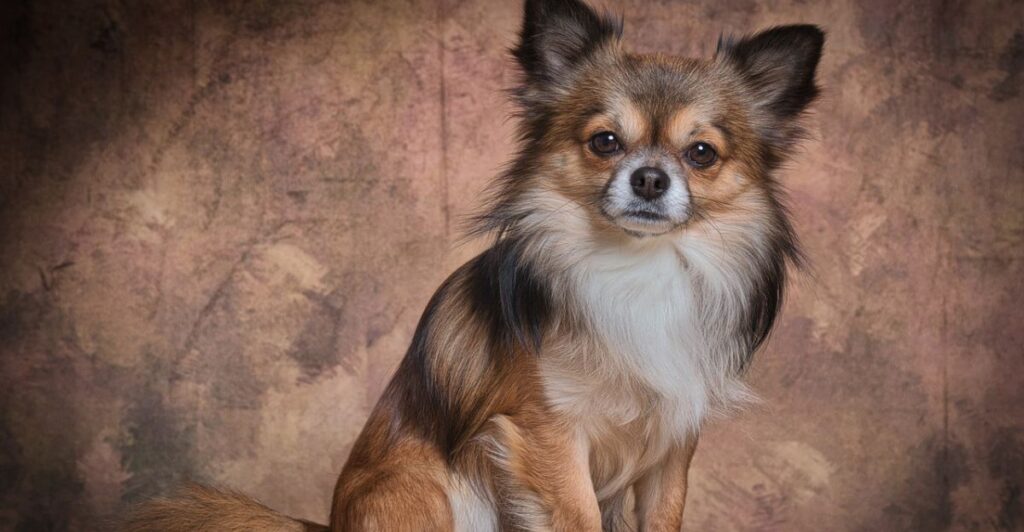
Dog lovers, brace yourselves. Some of the breeds you adore might have names that roll off your tongue the wrong way. Their roots often lie in foreign languages and fascinating cultures that make the names as unique as the dogs themselves.
Here are 12 breeds with tricky names, the way they’re commonly mispronounced, and the correct pronunciations. Let’s honor the remarkable names and stories of these dogs.
1. Chihuahua (chee-WAH-wah)
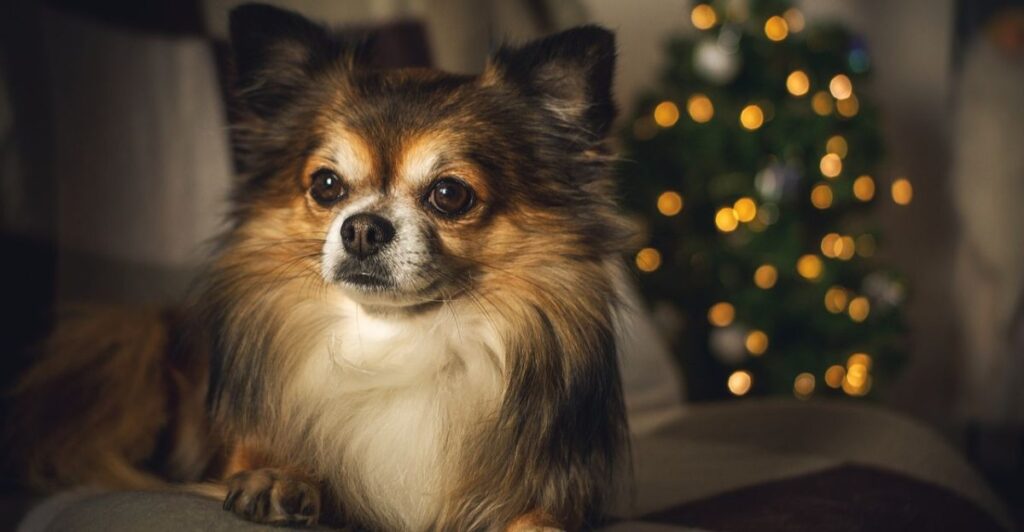
This pint-sized dog owes its name to the Mexican state of Chihuahua, where it was first discovered. While many stumble over the name, calling it “chi-wow-wah” or “chi-hoo-ah-hoo,” it’s properly pronounced chee-WAH-wah. With ties to ancient Aztec culture, the Chihuahua carries a rich history despite its tiny stature.
2. Puli (POO-lee)
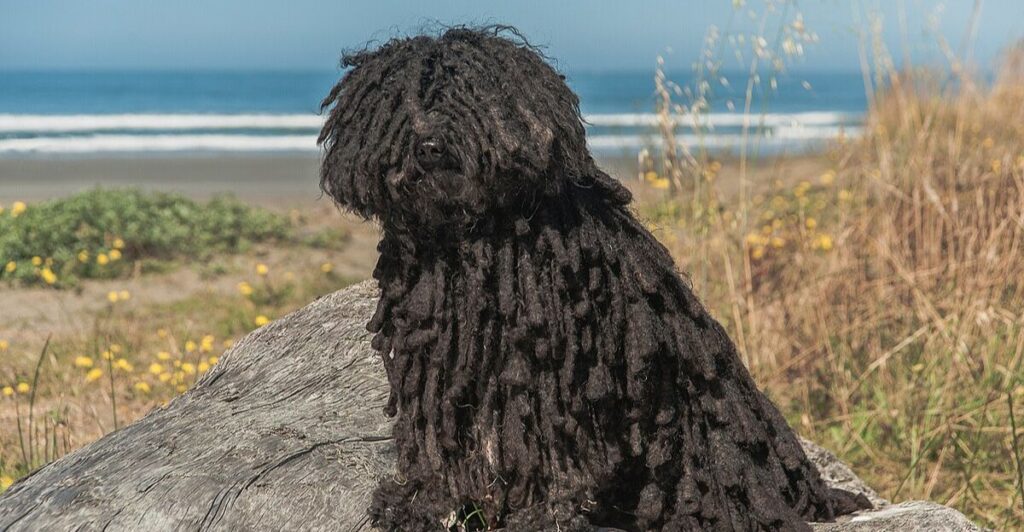
For centuries, Pulis managed livestock on the Hungarian plains. These agile Hungarian herding dogs are famous for their corded, dreadlock-like coat. Many Americans call them “pew-lee” or “pull-ee.” However, the hardworking companions must be called POO-lee, which is the correct pronunciation.
3. Weimaraner (VY-mah-rah-ner)
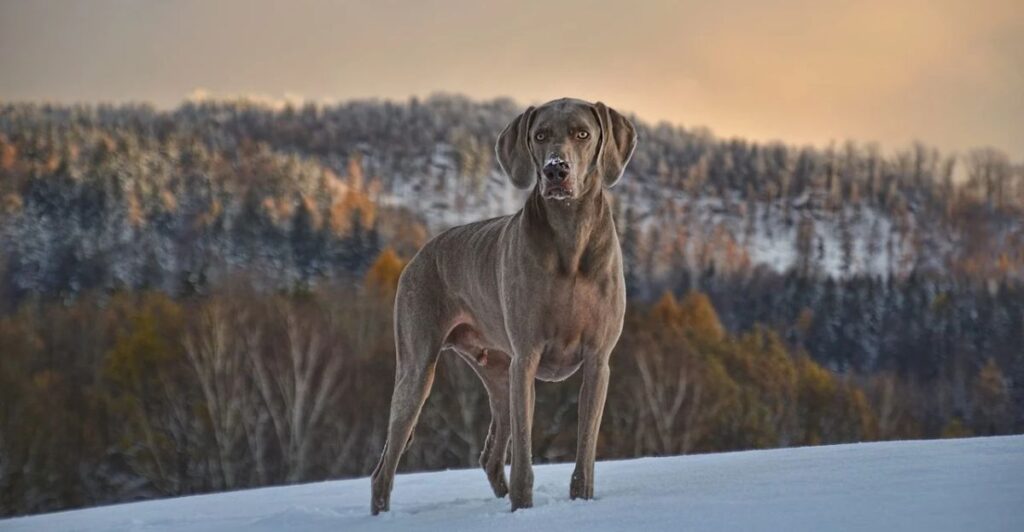
The Weimaraner takes its name from the Weimar region of Germany, where it was bred for noble hunting pursuits. Known as the “Gray Ghost” for its silver coat, the name reflects its look and mystique. Its proper pronunciation, VY-mah-rah-ner, ties it to German nobility. People often mispronounce it as “why-muh-rah-ner,” but you should say it right to respect the breed’s origins.
4. Beauceron (BOH-suh-rahn)
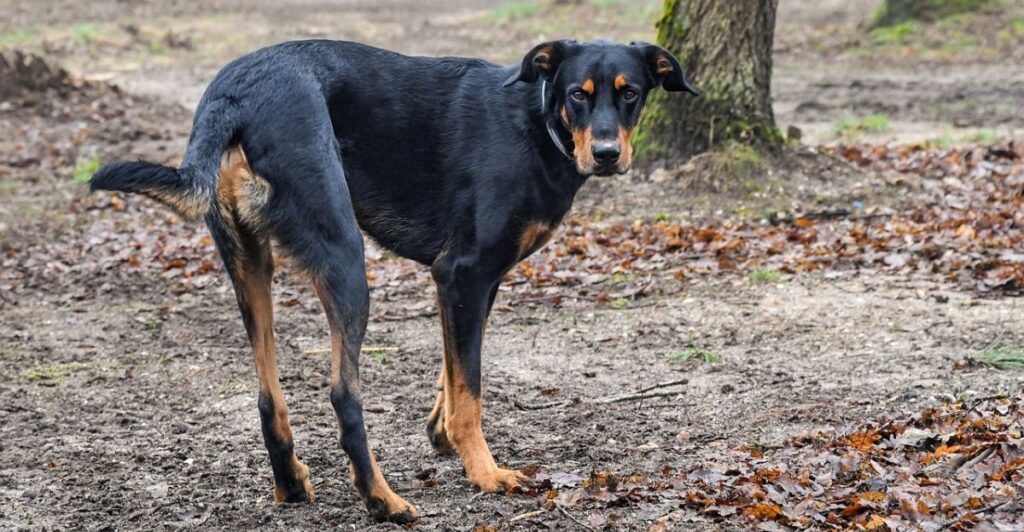
Beaucerons are called the “King of Herding Dogs.” The breed paints a picture of sheer strength and inborn loyalty, and their name honors generations of dependable service on the farms of France. Beaucerons are rugged herding dogs that get their name from the Beauce plains of France. Its French pronunciation, BOH-suh-Rahn, may sound very classy, but it also matches its hardworking nature.
5. Bouvier des Flandres (BOO-vee-ay day FLAN-druh)
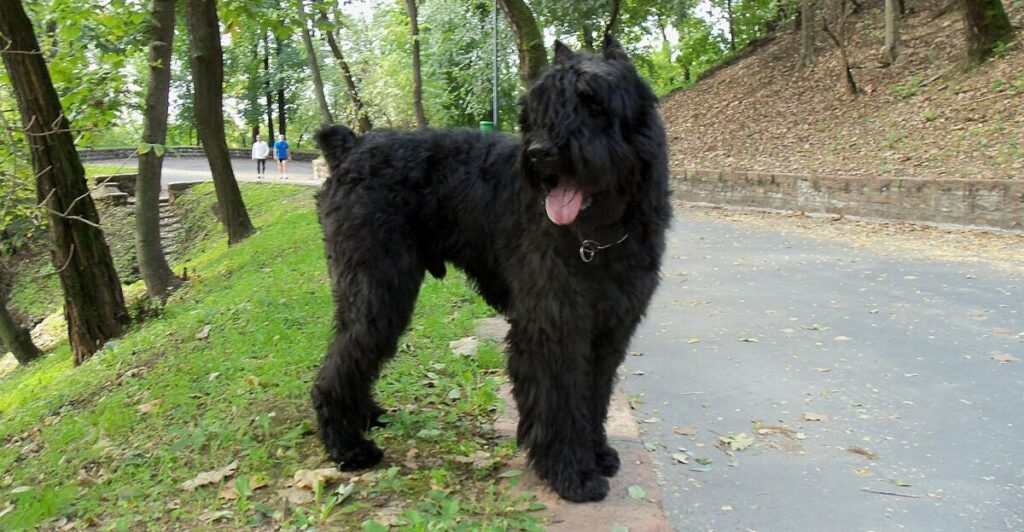
Bouvier des Flandres means “cowherd of Flanders.” It speaks of its Belgian heritage and tough spirit. Farmers relied on these dogs for herding, pulling carts, and guarding cattle. Pronounced BOO-vee-ay day FLAN-druh, the name trips up many English speakers. During WWI, their strength and intelligence made them invaluable as messenger dogs and stretcher-bearers.
6. Lagotto Romagnolo (lah-GO-toh roh-mahn-YOH-loh)
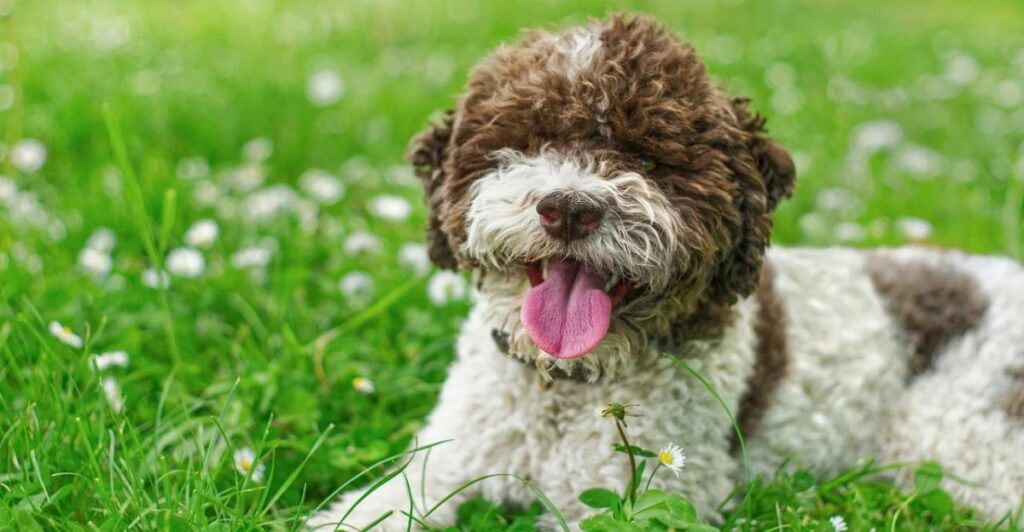
Italy’s “truffle dog,” Lagotto Romagnolo, owes its name to its origin in Romagna and its skills in the marshlands (lagotti). Bred initially to hunt waterfowl, the Lagotto Romagnolo later became a world-class truffle hunter. Many struggle with the name, mumbling “lah-gah-toh.” When properly said, it honors the breed’s dual legacy in water and soil.
7. Vizsla (VEESH-lah)
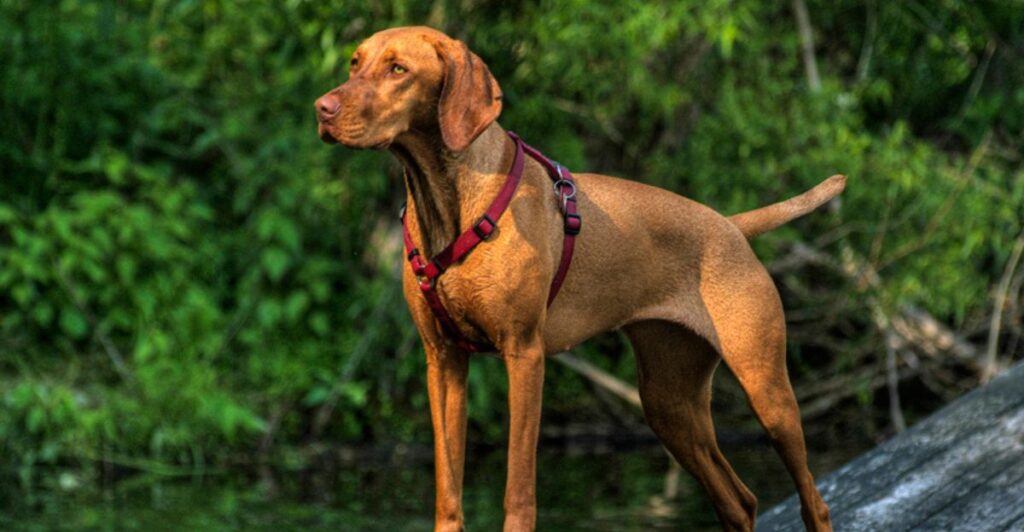
Vizsla means “pointer” in Hungarian—a description of the dog’s skill as a versatile hunting companion. Hungarian aristocrats treasured this breed for its speed, agility, and loyalty. Honor the dog’s sporting heritage with the correct pronunciation, VEESH-lah, not “vizz-lah.” Vizslas are still one of the most favorite dogs among hunters worldwide.
8. Keeshond (KAYZ-hawnd)
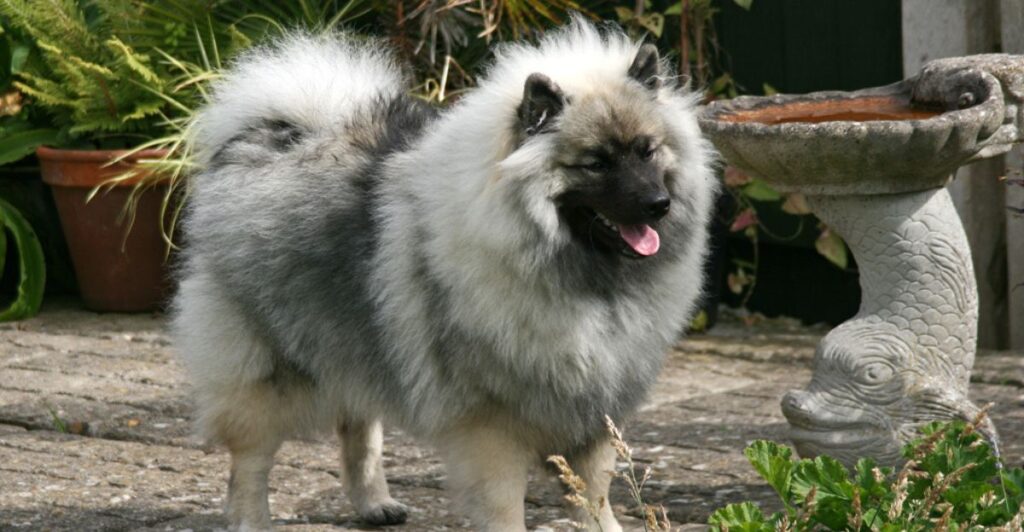
Pronounced KAYZ-hawnd, the tricky Dutch name often gets flattened to “keys-hond,” missing its rich heritage entirely. Keeshonds became an image of Dutch patriotism during the 18th-century Patriot Revolt. The breed’s name is linked to the leader, Cornelis “Kees” de Gyselaer. Dutch riverboat families valued these lively watchdogs, which explains their role in history.
9. Kuvasz (KOO-vahz)
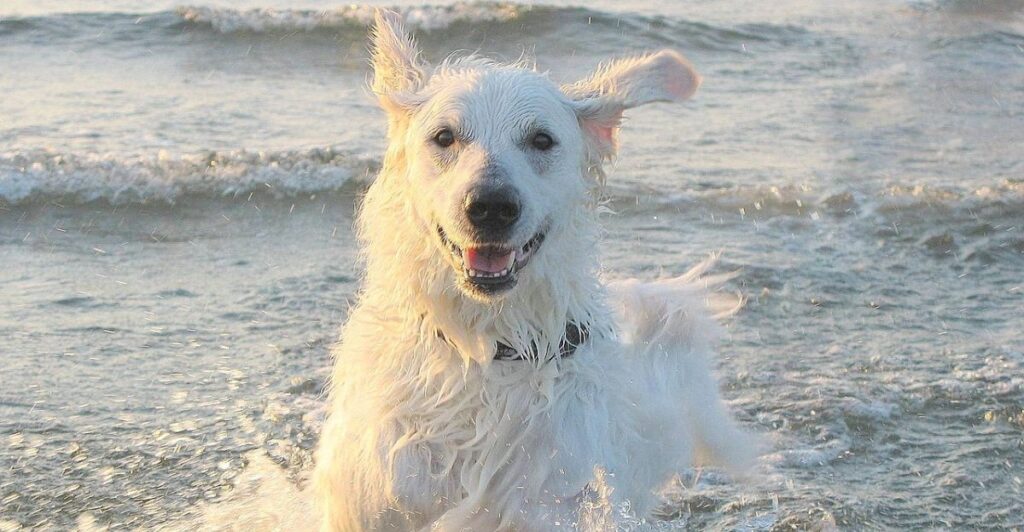
Kuvasz comes from the Turkish kawasz, meaning armed guard—a highlight of the dog’s role as a trusted protector in Hungary. They were used to safeguard livestock and royalty. Mispronunciations like “koo-vass” don’t do justice to its Hungarian pronunciation, KOO-vahz, which respects its long-standing legacy.
10. Neapolitan Mastiff (nee-uh-PAH-luh-tuhn MAS-tif)
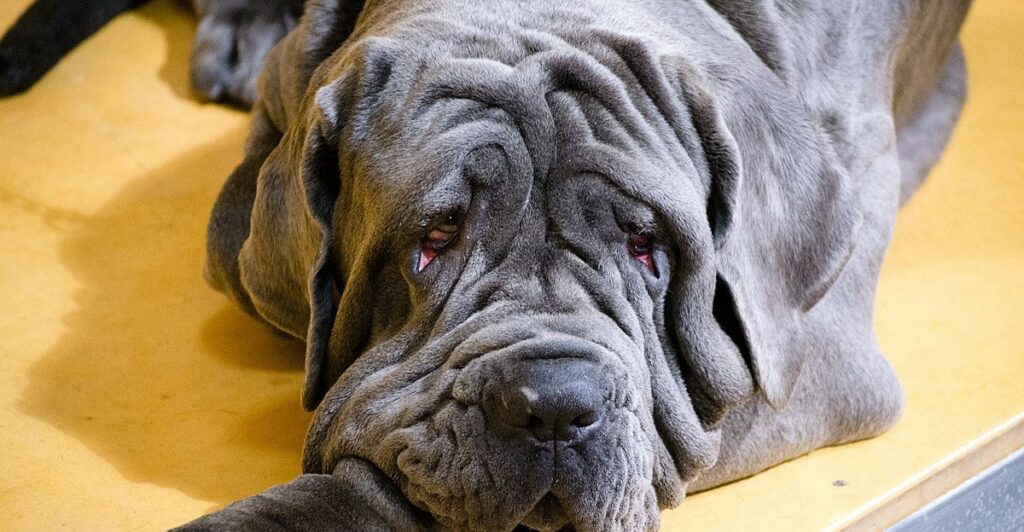
Neapolitan Mastiff is pronounced “nee-uh-PAH-luh-tuhn,” not “nee-uh-pol-ih-tan.” However, many people fail to say it correctly. The guardian dog takes its name from Naples, Italy, where it protected homes and estates. Their roots trace back to ancient war dogs, with some linking it to Alexander the Great’s fearsome Molossers.
11. Papillon (PA-pee-yon)
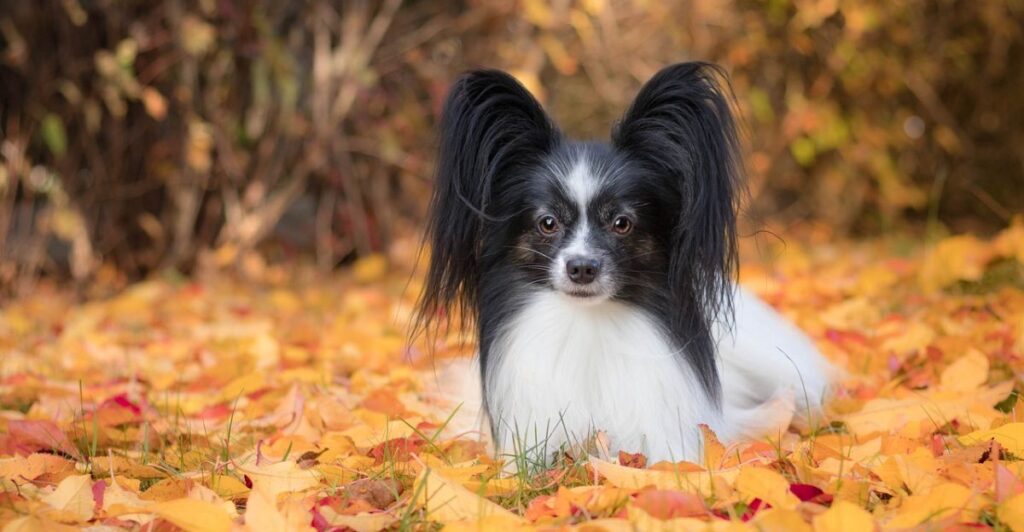
Say PA-pee-yon, the correct pronunciation, to celebrate Papillon’s heritage and charming appearance. Papillon is French for “butterfly,” and it references the breed’s delicate, wing-like ears that resemble a butterfly’s wings. Originating from France and Belgium, this toy breed was beloved by European royalty back in the day.
12. Akita (ah-KEE-tah)
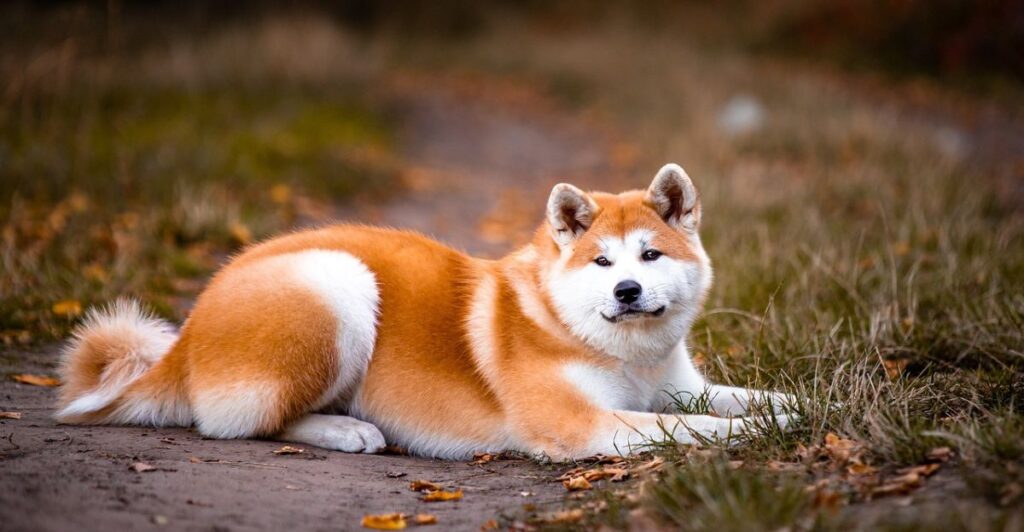
The Akita takes its name from the Akita Prefecture in Japan, where it originated as a powerful hunting and guardian dog. Akitas were once companions of samurai, revered for their loyalty. Pronounced ah-KEE-tah, not “uh-KEE-tuh,” the name honors their Japanese roots and esteemed role in history.
Stay connected with us for more stories like this! Follow us to get the latest updates or hit the Follow button at the top of this article, and let us know what you think by leaving your feedback below. We’d love to hear from you!







